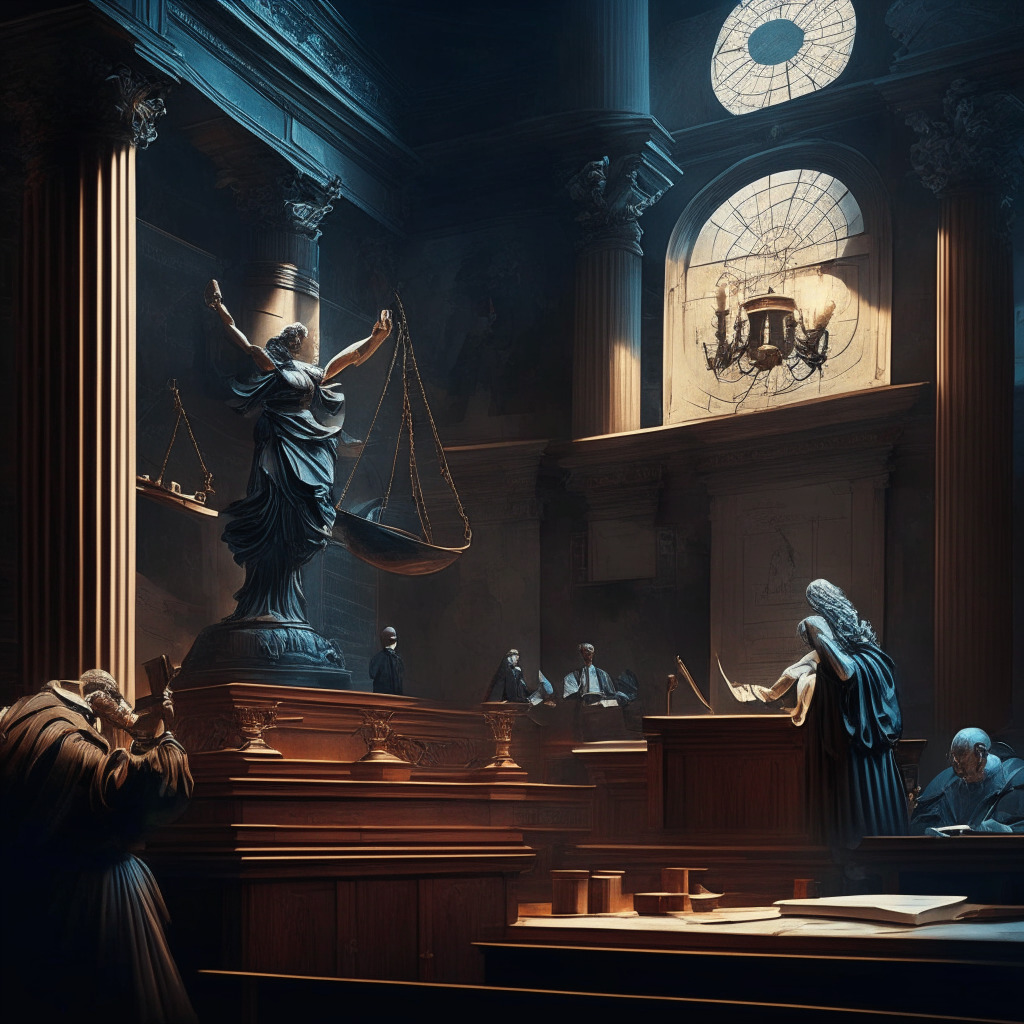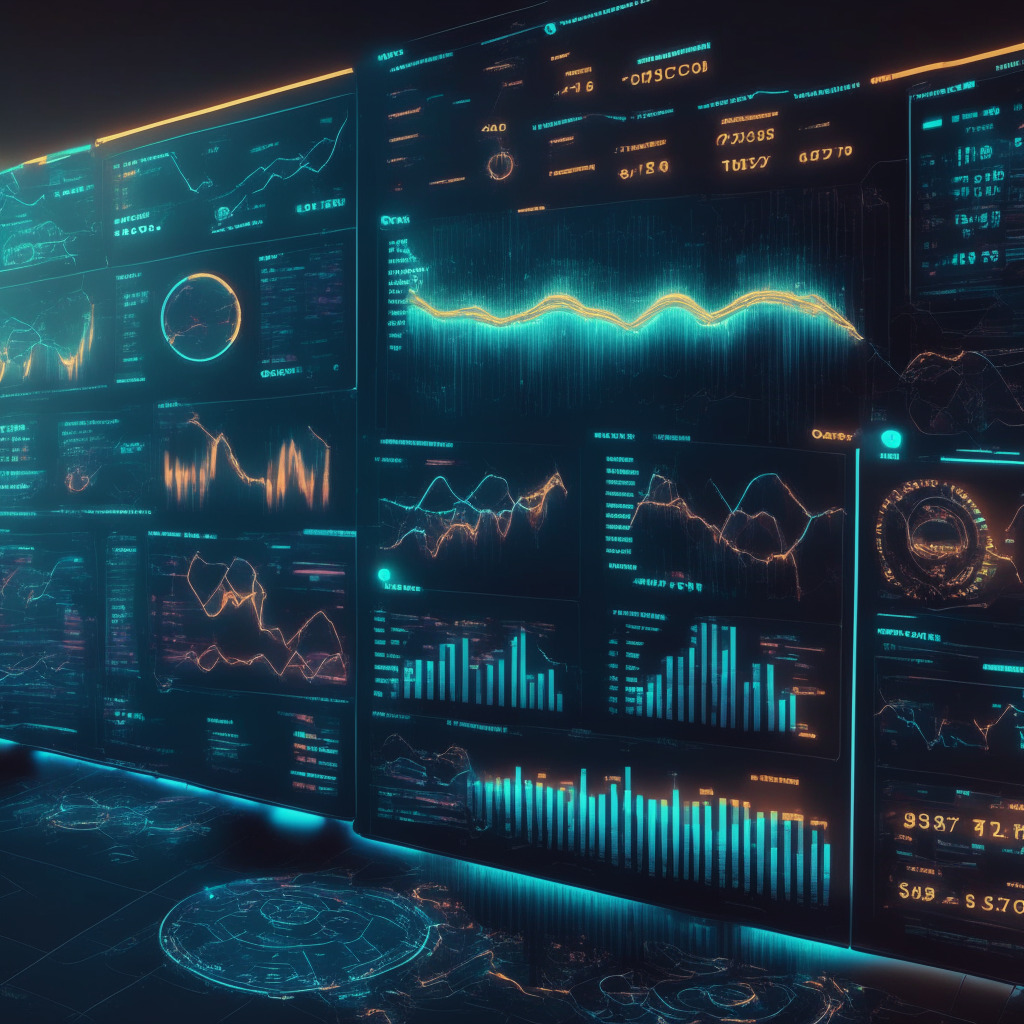In a recent case, a New York attorney, Steven Schwartz, has faced embarrassment after using ChatGPT for legal research and subsequently submitting documentation riddled with errors and inconsistencies. Schwartz had been representing Robert Mata in an injury claim case against Avianca Airlines when the presiding judge noticed the inaccuracies.
In the court filing, the judge stated that six submitted cases contained bogus decisions, quotes, and internal citations. Some cases referenced in the submission didn’t exist, resulting in a threat to the credibility of the attorney’s work. Schwartz has since apologized and promised never to use artificial intelligence for legal research without proper verification of authenticity.
This incident has fueled skepticism regarding the extent to which ChatGPT and similar AI tools can integrate into the workforce, particularly in the legal profession. While advancements in AI have shown increasing levels of intelligence and automation, some experts argue that human expertise and critical thinking remains indispensable in certain fields.
Syed Ghazanfer, a blockchain developer, expressed his doubts regarding AI’s capacity to replace human communication in the workplace. Ghazanfer argues that precise communication is key in many professional fields, which may not be possible with AI language models like ChatGPT.
Despite the potential drawbacks, AI continues to make strides in various industries, including finance, healthcare, and customer service. However, it is essential for professionals adopting AI tools to be aware of their limitations, conduct thorough research, and verify the output.
Schwartz’s case highlights the growing capabilities of AI in generating human-like text at a rapid pace. However, it also serves as a reminder that AI-generated content may not always be accurate and reliable. Legal professionals and others who rely on AI tools must remain vigilant in scrutinizing the AI output before making decisions or submitting it as evidence.
In conclusion, while AI has undoubtedly revolutionized many facets of modern life, its limitations must be acknowledged and addressed to ensure a harmonious and safe integration with human profession. The potential risks in using AI without proper due diligence should not be taken lightly, as it could lead to severe consequences for individuals and organizations alike.
Source: Cointelegraph




